
Animal People Newsflash: September 20th, 2016
The first episode in Animal People’s new weekly news vlog! In this week’s report, we review current events facing American wild horses, Norwegian wolves, donkeys in Africa, and more.

The first episode in Animal People’s new weekly news vlog! In this week’s report, we review current events facing American wild horses, Norwegian wolves, donkeys in Africa, and more.
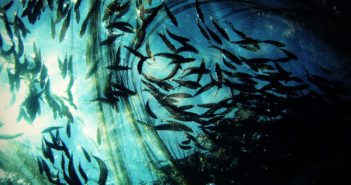
By providing the first free global view of commercial fishing, Global Fishing Watch delivers a powerful and unprecedented tool that can help to protect our oceans, which are threatened by global overfishing, illegal fishing and habitat destruction.

House Resolution 752 calls on the Chinese authorities to shut down the Yulin Dog Meat Festival and to ban the dog meat trade. The resolution is not a war of culture against China. The bond between companion animals and humans is not Western, but trans-cultural.
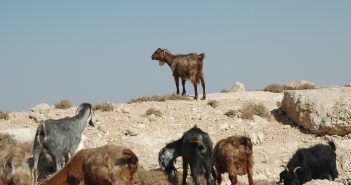
On September 12th, Muslims around the world will celebrate the Eid al Adha by ritually slaughtering animals. But is animal sacrifice actually required by Islam? A number of Muslim scholars argue that ritual slaughter as practiced today is unnecessary and possibly even haram (forbidden).
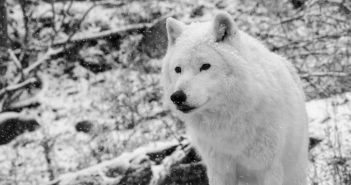
They have run all day
With the caribou.
Now, silvered shadows
On the moonlit tundra
They gather…

Wildlife officials are currently killing off a grey wolf pack in Washington state for preying on livestock. Underlying the Profanity Peak wolf massacre is the toxic ideology of human tyranny over nature, which must be exposed and overcome to avoid catastrophe for humans and non-human animals alike.

The World Day of Homeless Animals is considered not a holiday, but an occasion to address the problem of homeless animals, to tell a maximum quantity of people about their tragic destiny. The problem to which it draws attention is felt sharply here in Russia.

As more of Southeast Asia’s natural forests are cleared and converted into plantations for growing oil palm, rubber and other tree crops, a Duke University-led study finds that 42 percent of species endemic to the region’s forests face a much higher risk of extinction from habitat loss than previously thought.
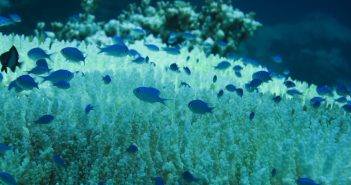
For the world’s coral reefs, the picture keeps getting gloomier. Although it’s widely assumed that both local and global factors are contributing to their decline, new research from UNC-Chapel Hill shows that isolated reefs far from human activities are in fact not healthier than those in more densely populated areas.
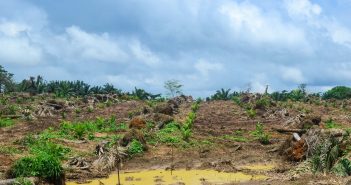
As palm oil production expands from Southeast Asia into tropical regions of the Americas and Africa, vulnerable forests and species on four continents face increased risk of loss, a new Duke University-led study finds.

Around 40 percent of U.S. coal is produced on public lands. These are the same lands which are the homes of wildlife, magnificent trees, and beautiful wilderness. The DOI and the BLM are accepting comments on the future use of public lands to produce coal.

Around 40 percent of U.S. coal is produced on public lands. These are the same lands which are the homes of wildlife, magnificent trees, and beautiful wilderness. The DOI and the BLM are accepting comments on the future use of public lands to produce coal.